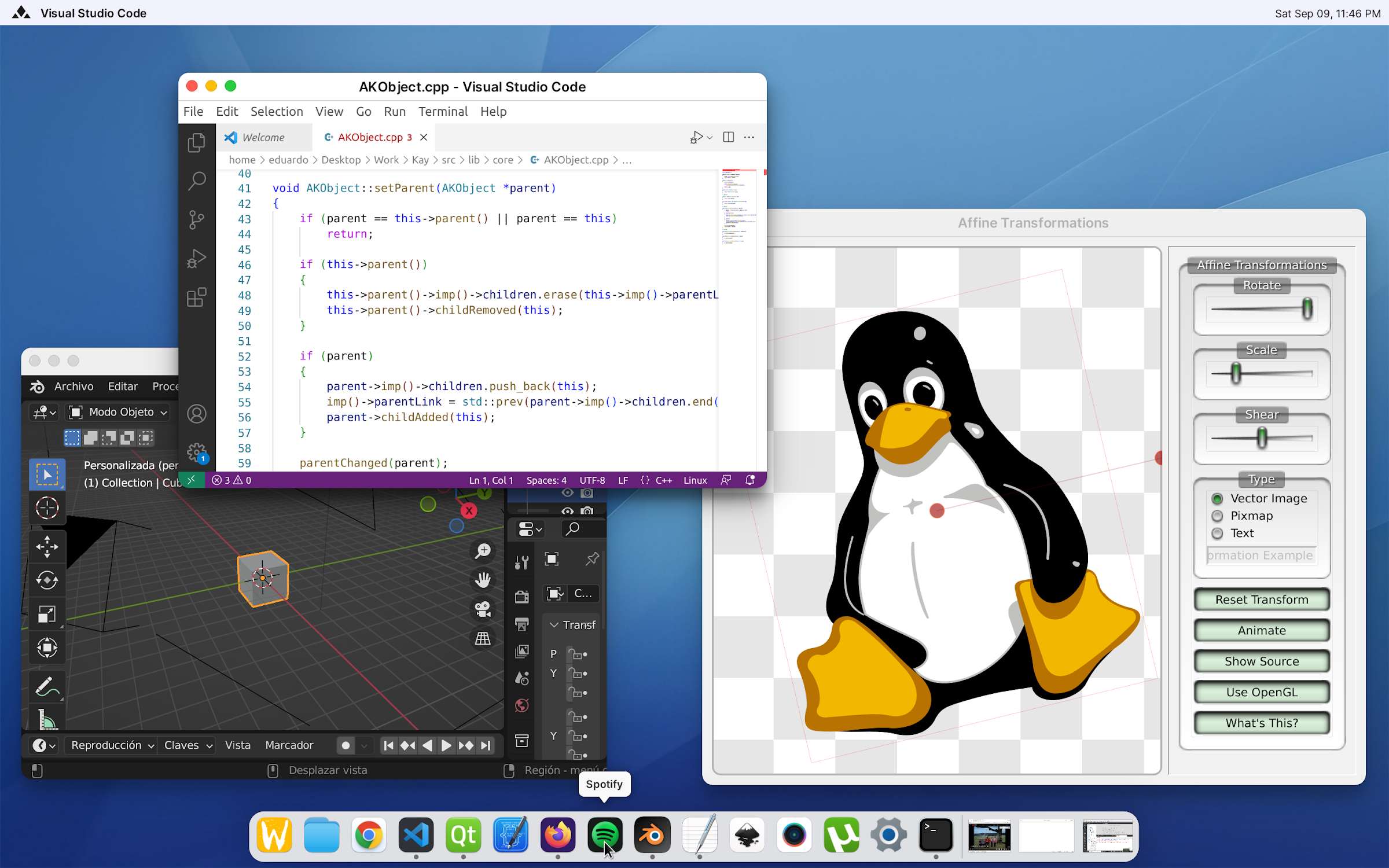this post was submitted on 11 Jun 2024
140 points (96.1% liked)
Linux
57260 readers
793 users here now
From Wikipedia, the free encyclopedia
Linux is a family of open source Unix-like operating systems based on the Linux kernel, an operating system kernel first released on September 17, 1991 by Linus Torvalds. Linux is typically packaged in a Linux distribution (or distro for short).
Distributions include the Linux kernel and supporting system software and libraries, many of which are provided by the GNU Project. Many Linux distributions use the word "Linux" in their name, but the Free Software Foundation uses the name GNU/Linux to emphasize the importance of GNU software, causing some controversy.
Rules
- Posts must be relevant to operating systems running the Linux kernel. GNU/Linux or otherwise.
- No misinformation
- No NSFW content
- No hate speech, bigotry, etc
Related Communities
Community icon by Alpár-Etele Méder, licensed under CC BY 3.0
founded 6 years ago
MODERATORS
you are viewing a single comment's thread
view the rest of the comments
view the rest of the comments

While I understand the need for legacy, I also think at some point legacy should be left alone. If it is really needed for some old app to run, VM should do fine. I don't think missing xorg is ever going to be an issue in 2025+ (well, Electron apps maybe). Yet added and not used features (or seldom used features) is offset with future maintenance burden and/or security issues for no good reason.
This also applies to OpenGL comment. Every code path introduces a maintenance burden. While support of more devices is good, supported devices are super old in this case and the question is - is it worth it? Vulkan drivers should either way be in a better state.
Is super cool, there is a presentation in one of the conferences about it. Architecture is explained somewhere in the docs. Anyway, if you do implement it - this would be a good alternative to https://guacamole.apache.org
Who knows, maybe it would be a money opportunity.
It's not Microsoft, but actually an open source community running open source forge. Also, it's way faster to use in browser.
Regarding Xwayland, I think so, but with respect to OpenGL + Vulkan, I don't see it as that complicated. It's a matter of configuring contexts and updating Louvre's higher level APIs for buffer allocation and rendering.
Oh, so it basically displays a remote window manager in the browser? For a moment, I thought it was running the compositor directly inside the browser with extensions or something like that, hahaha.
I see. Well, to be honest, I am quite comfortable with GitHub and its features like actions, discussions, etc., and I don't really care if Microsoft owns it as long as it's free. But thanks for the suggestion.
I saw it basically months ago, so don't remember 100%. To not say the wrong thing, you can read about the architecture here: https://greenfield.app/pages/design/
Also, here is a video. The dev demonstrated it's fast enough for gaming https://fosdem.org/2024/schedule/event/fosdem-2024-3219-greenfield-wayland-in-the-browser-an-update/